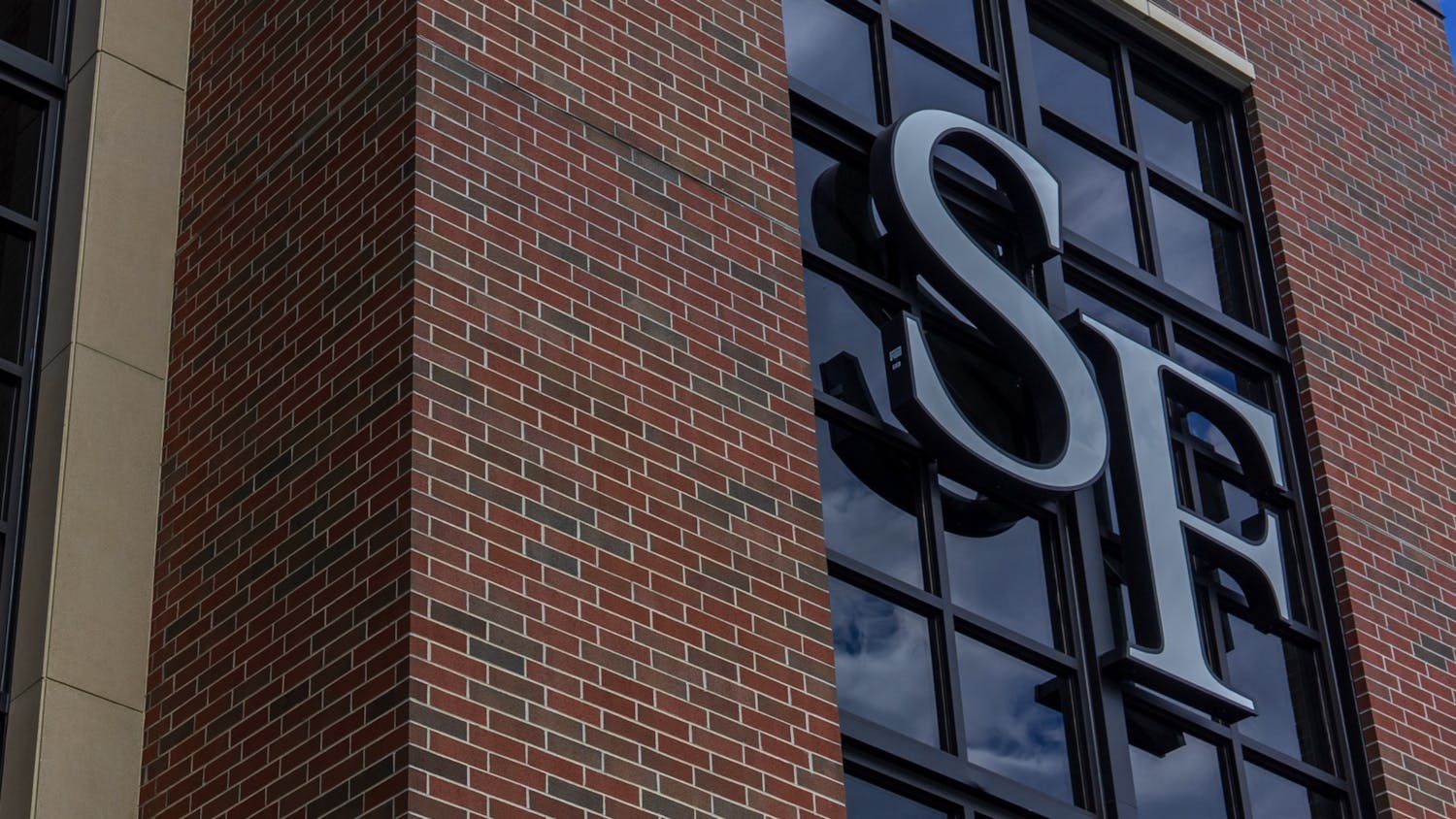The Florida Supreme Court indefinitely delayed the execution of death row inmate John Marek, who was scheduled to die by lethal injection on Wednesday at Florida State Prison near Starke.
The stay, which was announced Monday, comes 25 years after Marek was convicted for kidnapping, raping and strangling Adella Simmons.
A hearing is set for May 20, when Marek's attorneys will argue that Marek's accomplice, Raymond Wigley, murdered Simmons.
The stay was granted based on testimonies by fellow inmates that Wigley tearfully confessed to murdering Simmons, said Milton McClain, Marek's attorney. In 2000, Wigley was strangled by an inmate while serving his life sentence.
"The state has tried to argue that [Wigley] may have been trying to act tough and impress people in prison," McClain said. "But the manner in which he confessed does not reflect that. Ray broke down crying and admitted that he did it."
Since Marek's 1984 conviction, his attorneys have appealed to the Florida Supreme Court six times, and to the U.S. Supreme Court twice.
Marek was also granted stays in 1988 and 1989. Gov. Charlie Crist signed Marek's death warrant in late April alongside that of David Johnston.
Johnston was convicted of strangling 84-year-old Mary Hammond in Orange County in 1983. Crist has signed five death warrants since Florida's 17-month capital punishment hiatus ended in April of 2008.
Court and legal fees for death row inmates are costly to the state, said UF criminology professor Ronald Akers.
The average prisoner execution in Florida costs around $3.2 million, while the cost of imprisoning the same person for life is about $600,000, according to a 1997 press release on a capital punishment study in which Akers participated. Akers said that the death penalty does little to deter crime, and he feels that it's not worth the cost.
"It becomes a more pointed argument in times of economic downturns, but that argument has always been there," Akers said.





